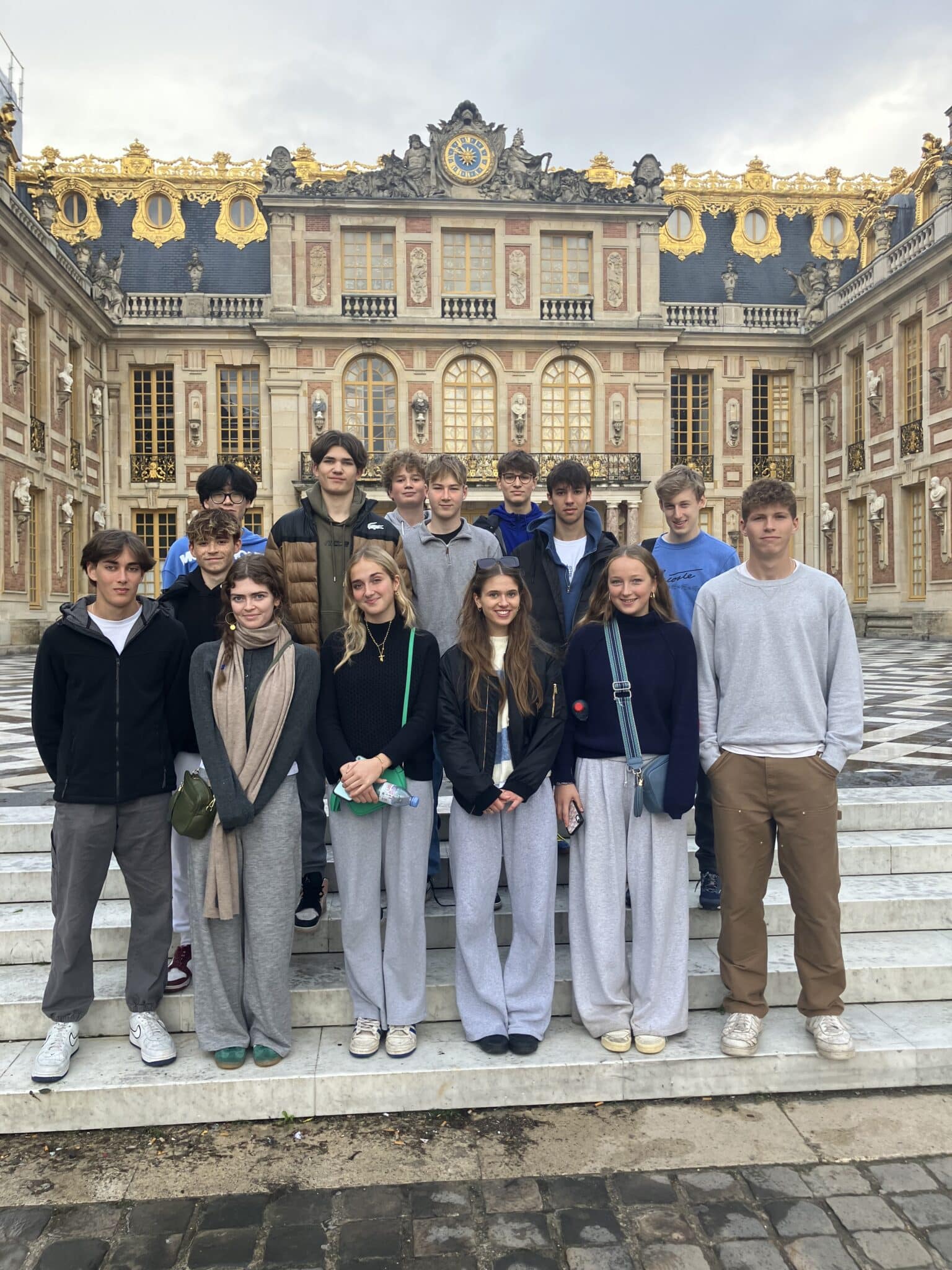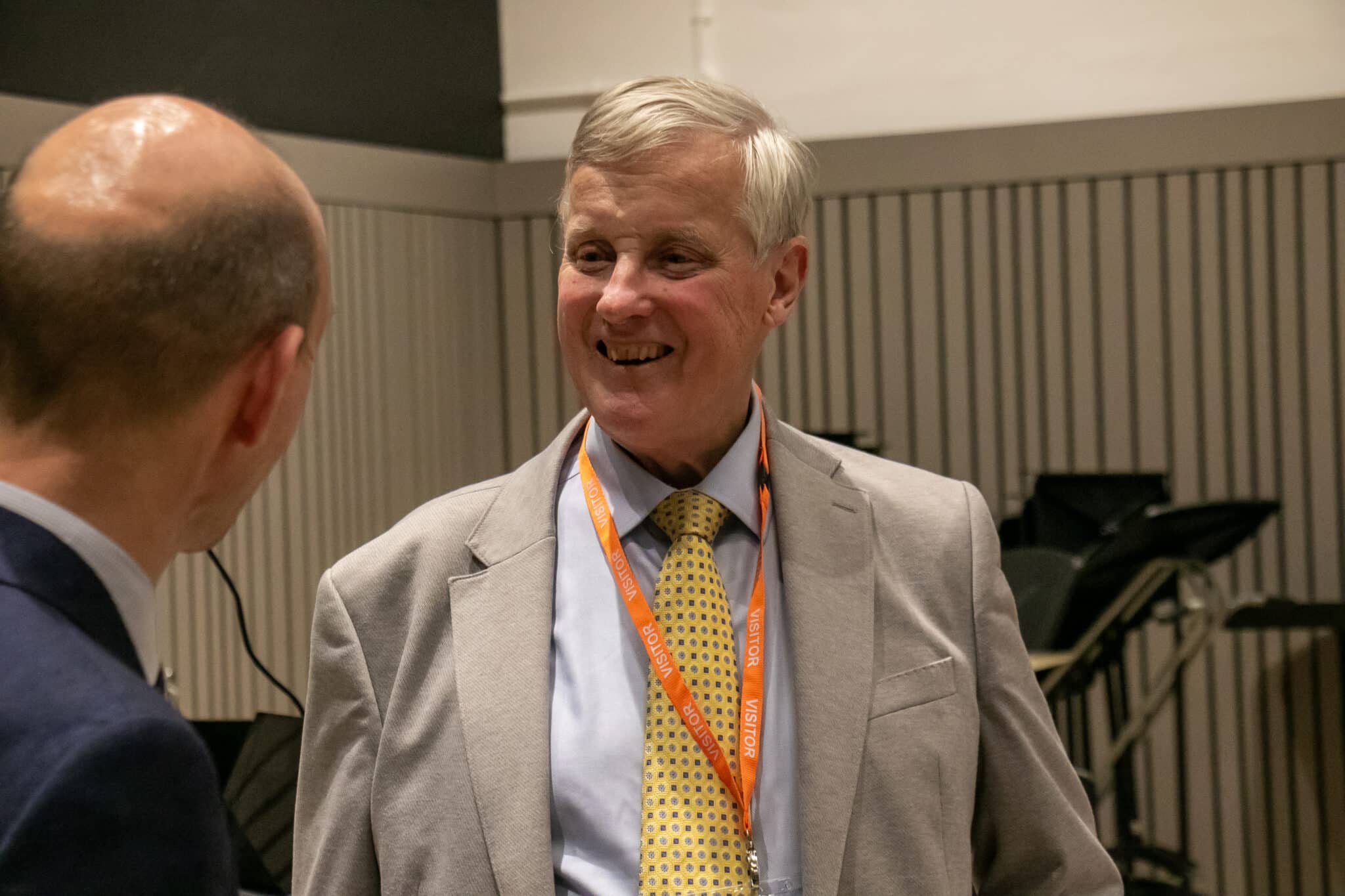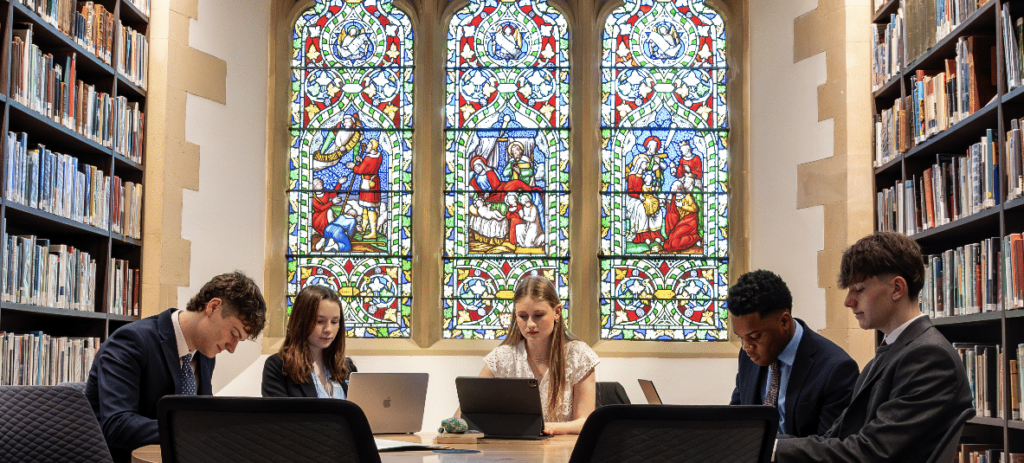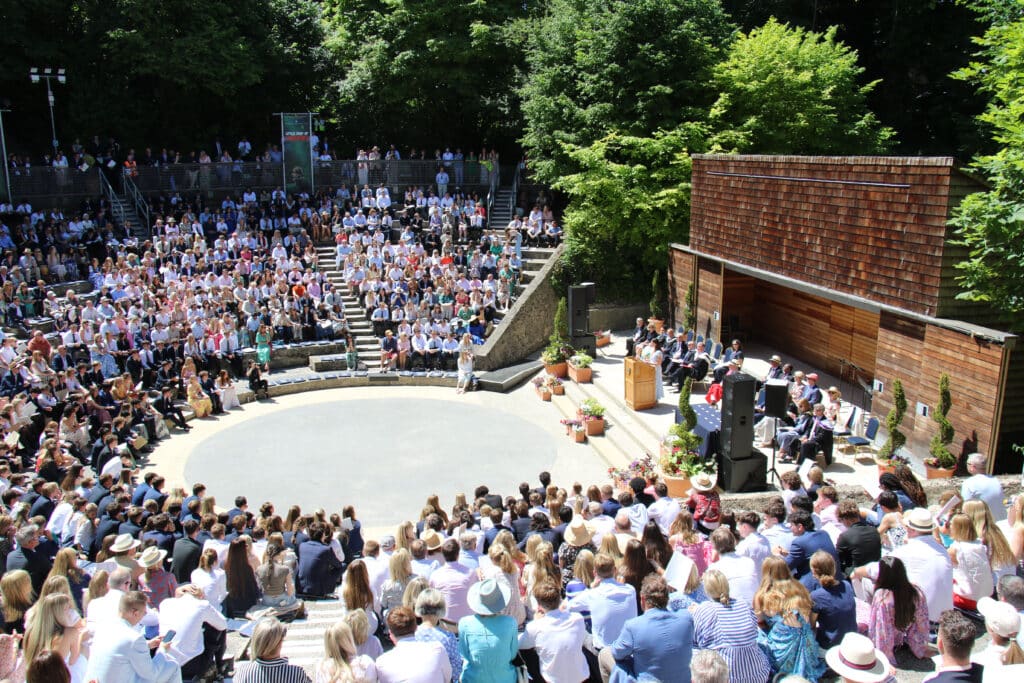Faulkner’s Curriculum
Launching the new Faulkner’s curriculum has inspired the ‘Languages & Culture’ course to include more specific cultural content, allowing pupils to explore the links between ancient and modern languages. Subject knowledge is still at the heart of everything we do, but the new curriculum has also enabled a broader focus. Inspired by the World of Languages, Languages of the World (WoLLoW) initiative, we have examined the health and mental benefits of language learning, and code-breaking techniques, as well as introducing them to linguistics and creative translation, giving pupils an appreciation of the interconnectedness of world languages and insight into languages beyond just those studied in class.
In the Anthea Bell Prize, organised by Queen’s College, Oxford, Ludo (LA) was Highly Commended for his creative translation of the German poem “Grashüpfer” by Heinrich Seidel, and Heidi (LJ) was the Area Winner for her translation of an extract from “Ma Famille du Cameroun: de Paris à Yaoundé” by Jessica Reuss- Nliba and Didier Reus, fantastic achievements.
Paris Trip
At the start of Michaelmas Long Leave, Sixth Form pupils studying French headed to Paris on a four-day cultural visit. Staying on the outskirts they became experts at using the Metro and RER to visit many of the main sites of Paris including Notre Dame, the Arc de Triomphe, Montmartre, La Tour Eiffel, le Centre Pompidou and the Louvre. They also spent a day at Versailles and enjoyed some pure relaxation and fun at Disneyland Paris. The Bateau Mouche trip down the Seine will live on in memory, as will the unexpected video of our group exploring the Cinema Rex, and all returned to Bradfield with a greater appreciation of this wonderful city and the language immersion opportunities it offers.
Improving Conversational Language
This year we have increased opportunities for French conversational practice. In what will hopefully become a regular fixture, this March Y10 pupils from College Colette spent the day at Bradfield giving our pupils some conversational practice. Next year we also hope to spend a day at College Colette, perhaps combining it with a day trip to Paris.
In November, eight Sixth Form linguists travelled to Cheltenham College to participate in their annual MFL Debating Competition. Pupils competed in pairs against other schools, debating three different topics in their studied language; French, German or Spanish. The competition was intense, pushing pupils outside their comfort zones but also increasing their linguistic confidence.







